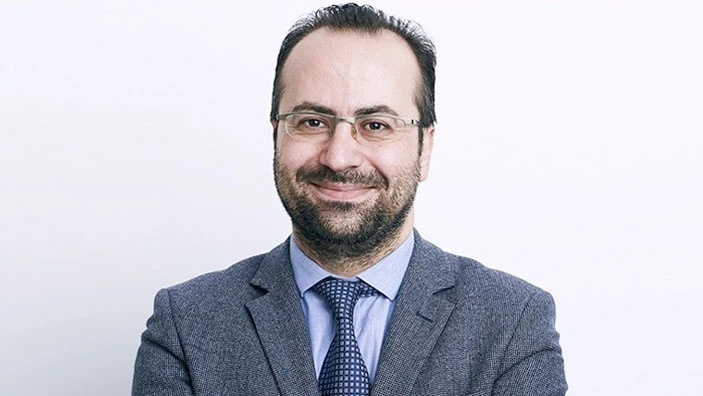
Short selling is a financial transaction to profit from prices going down. A short seller borrows an asset and sells it today to, hopefully, buy it back in the future for a lower price. The literature finds that short sellers can forecast firm underperformance and are efficient in processing of public information and uncovering private information.
In a project titled “What does short selling reveal about ESG?”, Oğuzhan Karakaş, Pedro Saffi and Mehrshad Motahari analyse whether the short sellers can anticipate negative ESG incidences of firms, and make money from the negative price reactions to the news announcement of such incidences.
The authors find that short sellers anticipate the bad ESG news months before the corresponding negative ESG incidences occur. This finding corroborates the earlier research findings that short sellers can predict financial misconduct, earnings management, and credit downgrades in firms. The authors find that stock prices decrease following the bad ESG news, particularly companies with above-average ESG scores and abnormally high short selling interest. This suggests that observing the behaviour of short sellers may help identifying greenwashing (a firm’s ESG compliance being overstated, intentionally or unintentionally), which is notoriously difficult to define and detect.
Short sellers may not be particularly interested in the non-financial effects of the ESG developments in firms. However, their interest in the ESG materiality may prove fruitful for the short sellers’ role in enhancing the market efficiency and in helping the efforts for a more sustainable financial system.
Related articles
Research centre news
Does monetary policy affect individuals’ interest rates equally?
In theory, a direct way through which monetary policy is able to affect demand is through consumer credit rates. When a rise in the policy rate is passed-through to consumer credit rates, taking out a loan becomes more expensive and aggregate demand is suppressed. In new research, we use Brazilian credit registry data to examine whether this pass-through of monetary policy to consumer interest rates happens equally across all borrowers. Preliminary results suggest that monetary policy disproportionately affects credit costs for lower-income borrowers such that it increases the interest rate spread across the income distribution.
Research centre news
Trust matters: how social trust shapes international investments
Marwin Mönkemeyer, Research Associate at Cambridge Centre for Finance (CCFin) and Cambridge Endowment for Research in Finance (CERF), blogs about the role of social trust in the portfolio allocation decisions of global institutional investors.
Research centre news
Strategic voting and informational rents: evidence from mutual fund trades and votes
Strategic voting by informed shareholders can undermine shareholder democracy, impacting corporate governance and market efficiency.





